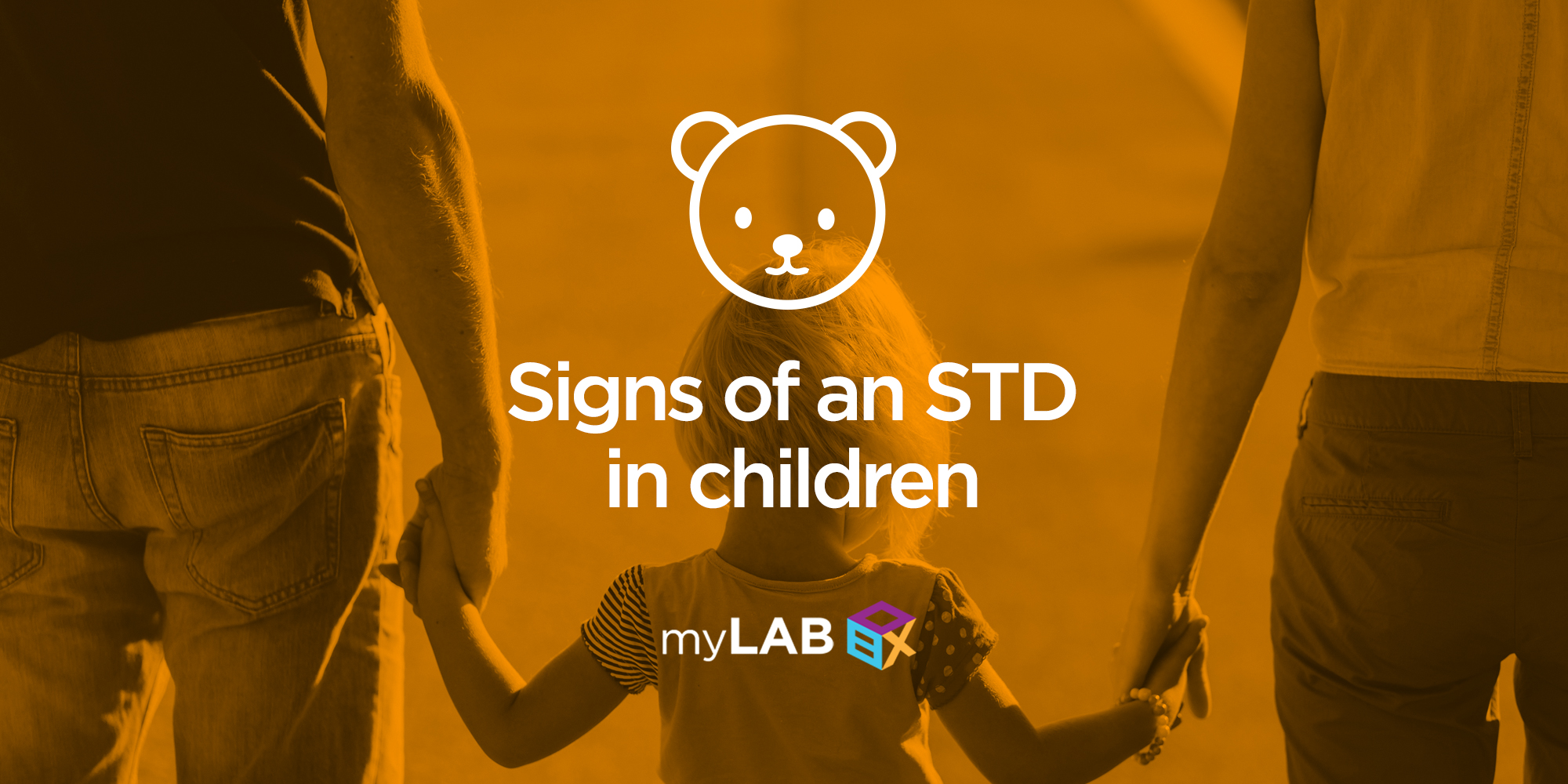Signs of an STD in Children

Parents of newborns are often watching for signs of trouble, but many don’t think to look for signs of an STD. Like signs of STDs in seniors, the two just don’t seem to go together. But unlike missing these cues in seniors, ignoring the signs in infants could have fatal consequences.
How children get STDs
With their characteristically delicate immune systems, infants are exceedingly vulnerable to any kind of infection. Many STDs–including chlamydia, gonorrhea, and genital herpes–can easily be passed from a mother to her child during birth. Some infections, like HIV and syphilis, can even be passed to the fetus prior to birth. Breastfeeding has been known to facilitate HIV transfer from mother to child as well.*
What happens when a newborn has an STD
When a newborn child contracts an STD during birth, the infection is often much more severe than in adults. For example, infant gonorrhea and chlamydia can cause eye infections, pneumonia, or infections of the joints or blood. A herpes infection in newborns can be life threatening, causing brain damage, blindness, and damage to other organs.
How to prevent STDs in children
Because 80% of STD infections have no visible signs**, it’s important that prenatal care includes STD testing for mothers, even if she has no symptoms. When a mother contracts an STD during pregnancy, it often puts the newborn at higher risk of infection during birth. A cesarean delivery can help to bypass the high risk exposure.
What to do
If you’re pregnant and know that you have an STD, speak to your doctor about how to control risk for yourself and your child. If you’re an expectant or new mom, get a full panel STD test to rule out the chance of asymptomatic infections that you may pass to your child. With myLAB Box, you can test at home anywhere in the country.
STD testing can prevent transmission to children. myLAB Box makes testing affordable, accurate, and convenient.
Get a full panel STD test today.
Reviewed by Luis Ferdinand M. Papa, MD, MHA
For your reference:
*https://www.nichd.nih.gov/health/topics/stds/conditioninfo/pages/infant.aspx#f1
**http://staging.mylabbox.com-beta.com/about/
Popular Tests

Total Box
14 Panel STD Test
In Stock – Free Shipping
$369 – $399
